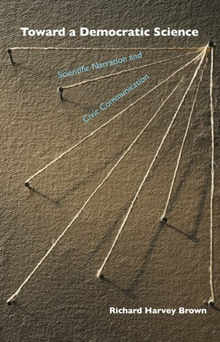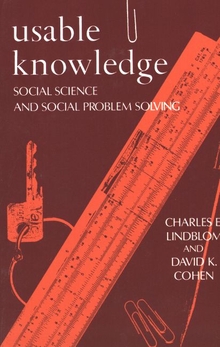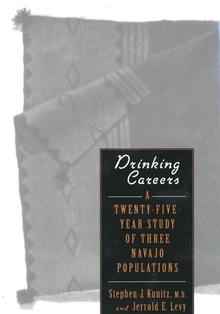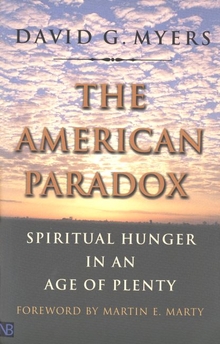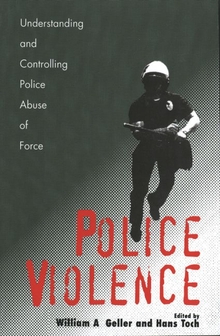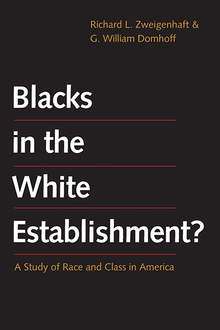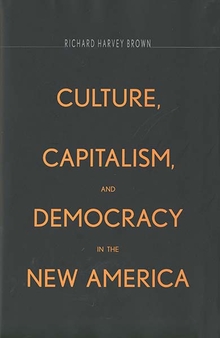Toward a Democratic Science
WARNING
You are viewing an older version of the Yalebooks website. Please visit out new website with more updated information and a better user experience: https://www.yalebooks.com
Scientific Narration and Civic Communication
Richard Harvey Brown
Brown shows why social science knowledge is as much a rhetorical enterprise as is the social reality that it describes. He construes laboratory science, physics, ethnography, sociology, philosophy, and astronomy as genres, narratives, and other rhetorical practices, and thereby portrays science as a special kind of narrative discourse that generates theories and shapes their validity and significance. He next focuses on the political dimensions of science, including the politics of psychology in the United States, showing how power and knowledge shape, limit, and infuse each other. Brown argues that this linguistically and socially constructed character of knowledge does not undermine its truth value but rather reaffirms the moral status and political responsibilities of its practitioners. In one important chapter, written with Robert Brulle, he explores the movement for environmental justice in the United States, showing how ordinary people can use science as part of a larger civic narration. Brown concludes by discussing how the rationality of science can be preserved even as it is subsumed within a rational and moral civic discourse.
"Brown is a gifted theorist and critic. He has a keen sense of scientific discourse as rhetoric and deftly uses dialectical method, represented especially by the joining of science and politics as narration."—Herbert W. Simons, School of Communications and Theater, Temple University
"An important book that speaks with great force to key issues in current social theory and sociological thought."—Norman K. Denzin, University of Illinois, Urbana-Champaign
"In this scholarly and insightful commentary, a respected sociologist expands on the thesis that science is just another literary genre. . . . Brown makes a good case for reducing science to just another mode, neither more nor less valid than any other, and reassures readers (scientists?) that this view need not undercut the truth value of science. . . . Brown removes science from its hegemonic position in the world of the mine, in a welcome addition to postmodern thought."—Choice
"Richard Harvey Brown has written a book that is required reading, not simply for those invested in science studies, but everyone committed to building a more democratic and just society."—Ronald Walter Greene, Journal of Communication
Publication Date: January 21, 2014

